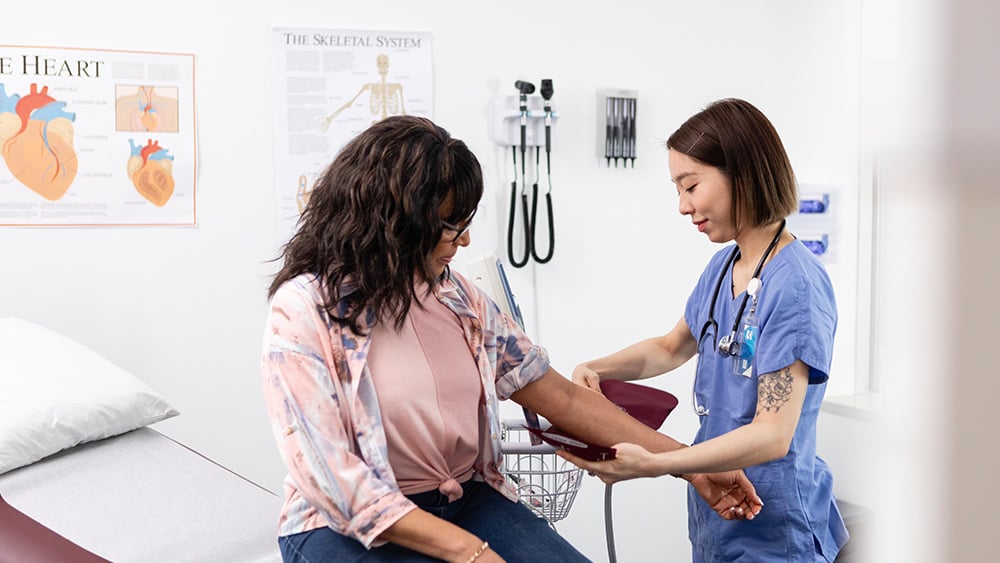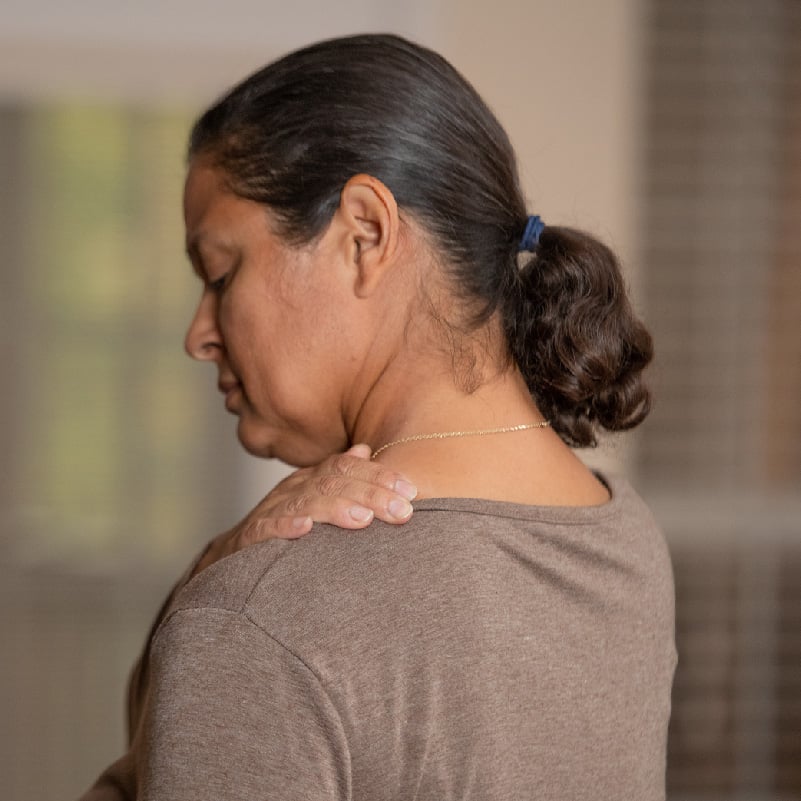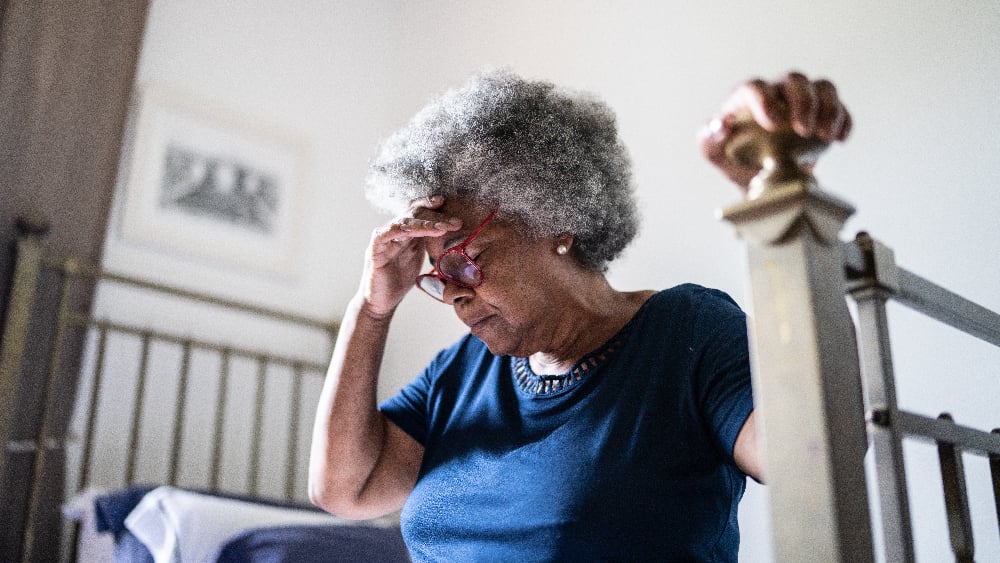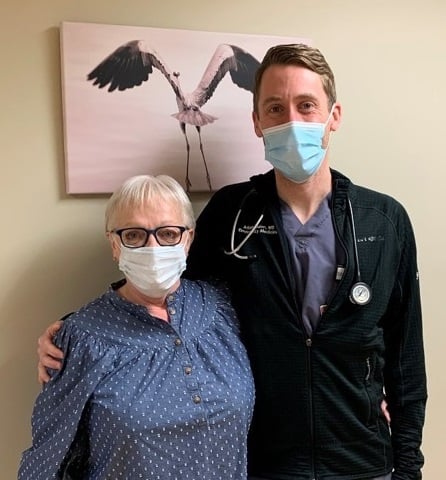Key Takeaways
- Atrial fibrillation happens when the top chambers of the heart beat too quickly, too slowly, or in an irregular way.
- Men and women have similar symptoms, but women experience them more significantly. Women also feel more tired after regular activities and weaker as symptoms.
- Age and blood pressure are two of the biggest risk factors for developing aFib. These also increase the risk of stroke.
Atrial fibrillation, also called AFib, is one of the most common types of irregular heartbeat, or arrhythmia. The top chambers of the heart (atria) beat too quickly, too slowly, or in an irregular way. AFib increases the risk of stroke, so identifying it early can help to reduce those risks.
More than 12 million people in the U.S. are expected to develop AFib by 2030, according to the American Heart Association. Of those people, women are diagnosed with AFib at a higher rate than men.
As a cardiologist and Program Director for Women’s Heart Health, Uzma Iqbal, MD, explains what symptoms of AFib look like for women, what puts them at a higher risk, and how treatments for the condition differ from women to men.
Symptoms of AFib for women
Many of the symptoms of AFib looks the same for women and men. Those include at least one of the following:
- Fatigue
- Feeling dizzy or lightheaded
- Fluttering in the chest
- Rapid/irregular heartbeat
- Shortness of breath
- Sweating
For women, however, Afib symptoms are more significant and slightly different. They also feel additional symptoms that are not as typical, including weakness and feeling more tired more quickly during regular activities.
“For example, if they were able to walk a mile without any problems, but now they're getting tired after 10 minutes, that could be related to atrial fibrillation,” Dr. Iqbal said.
Risk factors for AFib in women
Age and high blood pressure are two of the most significant contributing factors for developing AFib. Both men and women are at a higher risk if they have:
- Diabetes
- Enlarged left atrium or ventricle
- Heart failure
- Obesity
- Sleep apnea
- Smoking history
Research shows women with AFib experience a lower quality of life and face an increased risk of heart failure and stroke. Strokes are seen more often in women than men and they’re more severe than in men. Preventing AFib is a crucial component of stroke prevention.
Knowing the signs of a stroke is an important first step in helping you to recognize and take quick action. BEFAST is an acronym commonly used to identify the symptoms of a stroke.
- Balance
- Eyes
- Face drooping
- Arm weakness
- Speech/language difficulty
- Time to call 911
Treating and preventing AFib: What women should know
There are a range of treatments when it comes to treating atrial fibrillation, including lifestyle changes, medication, and surgery.
Lifestyle changes are small shifts in daily habits that can make a big difference for your health. For AFib patients, these changes might include:
- Avoiding heavy amounts of alcohol or caffeine
- Eating a heart healthy diet
- Maintaining a healthy cholesterol level
- Managing high blood pressure
- Quitting smoking
- Regular physical activity
Medications are prescribed by a heart specialist or primary care provider as part of treatment in addition to lifestyle changes. Medications help control the heart’s rhythm and rate; as well as blood thinners that reduce the risk of blood clots and, therefore, strokes.
In some cases, minimally invasive surgery such as ablation is used to help manage AFib. In some patients that are unable to take blood thinners a Watchman procedure can lessen the risk of AFib and, in turn, the risk of stroke.
For women who wear smart watches, paying attention to heart data can give good information about when heart rates change or become irregular.
“I am seeing a lot of women who are noting that their heart rates are high when they're not doing anything,” Dr. Iqbal said. “It’s important to pay attention to those devices and not ignore them.”










